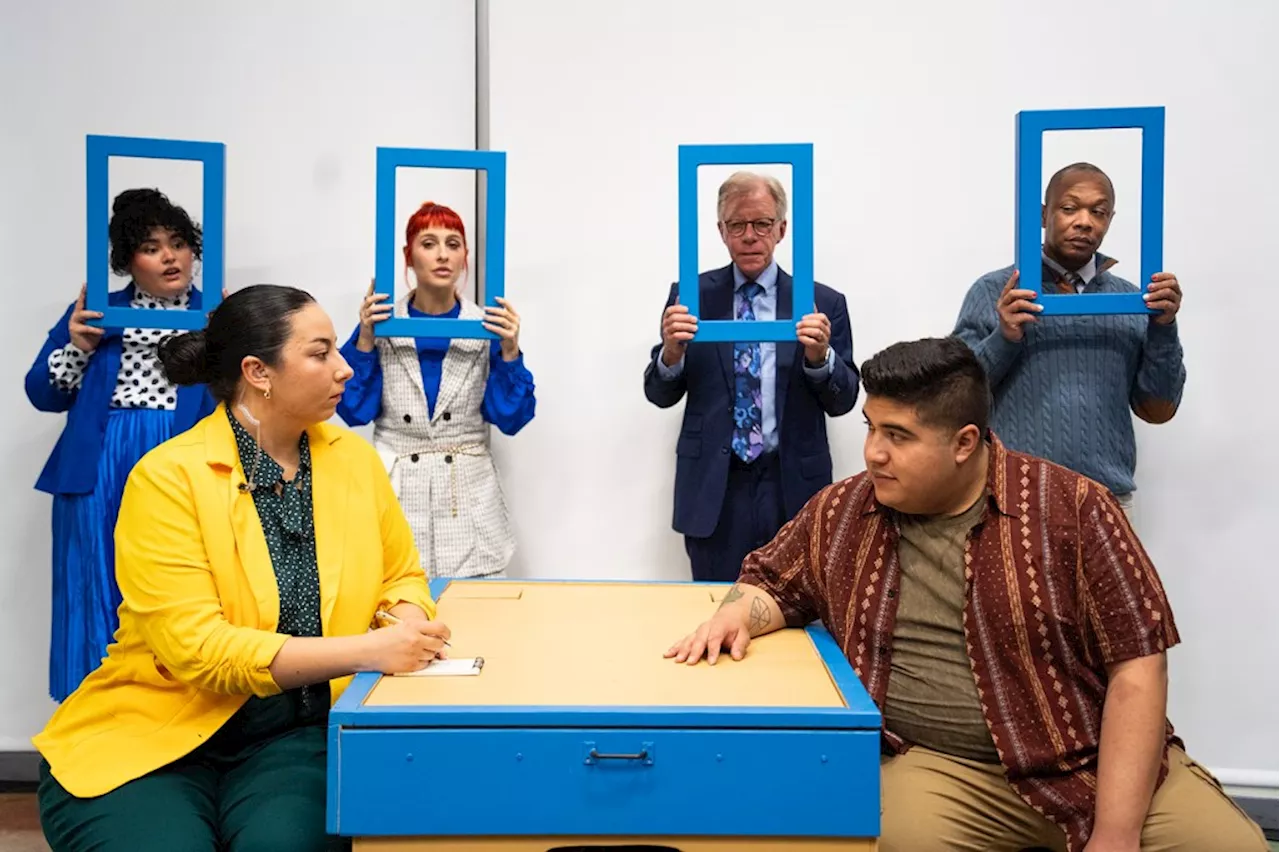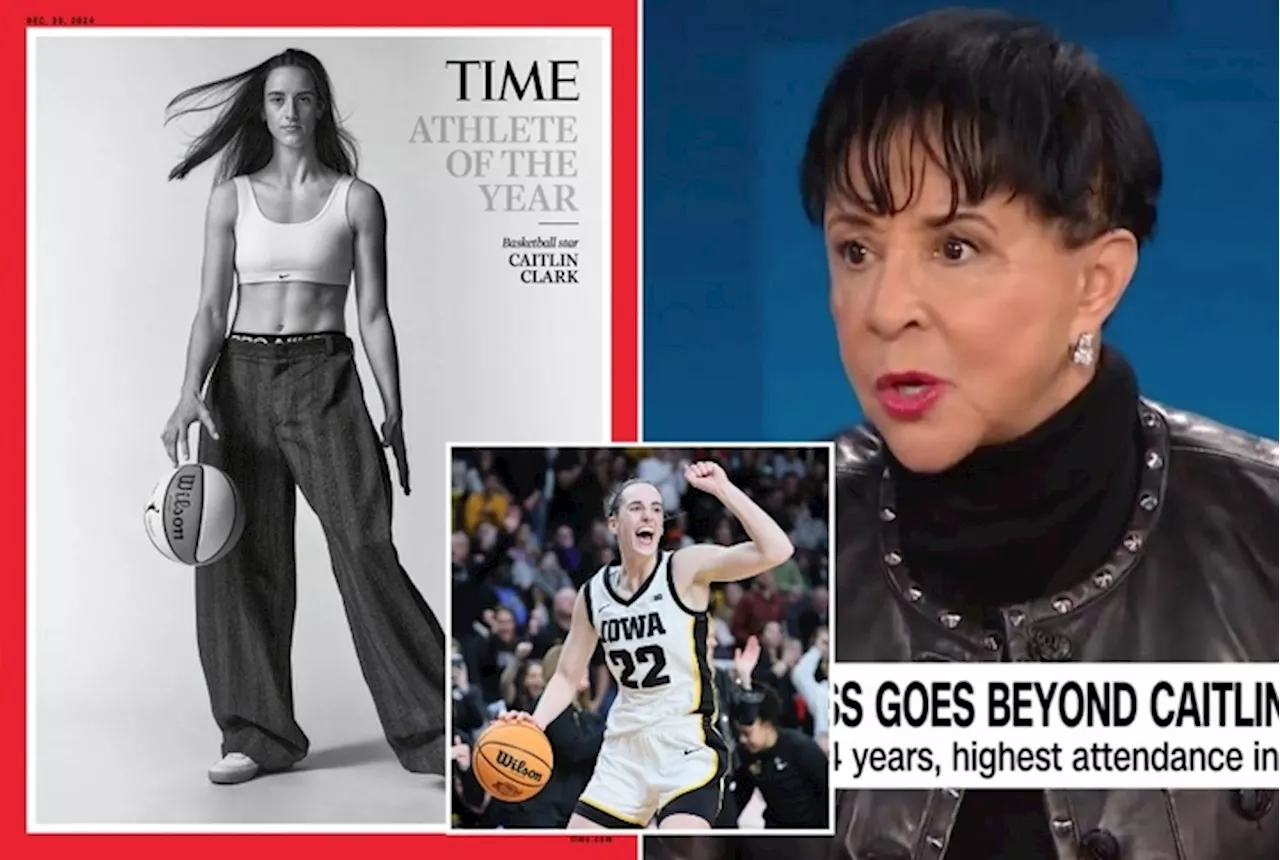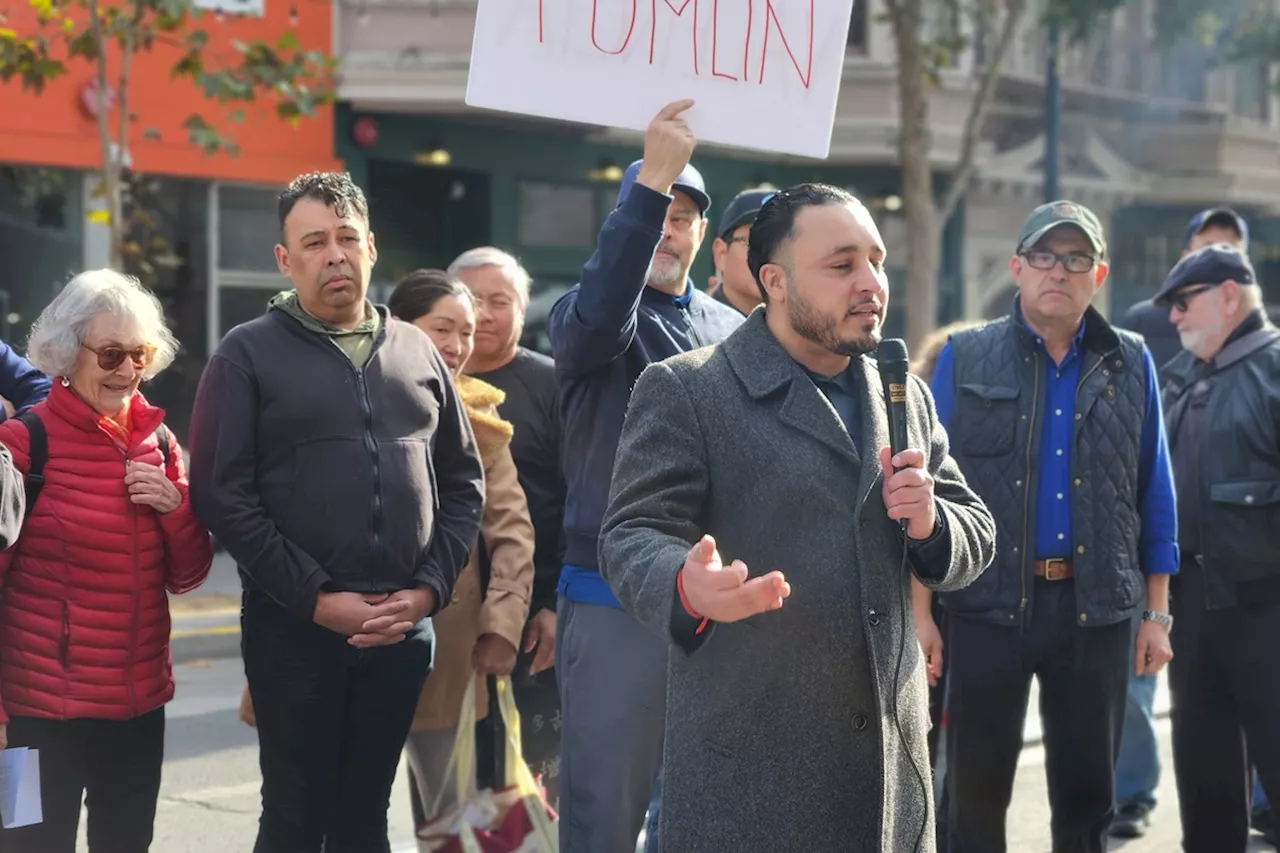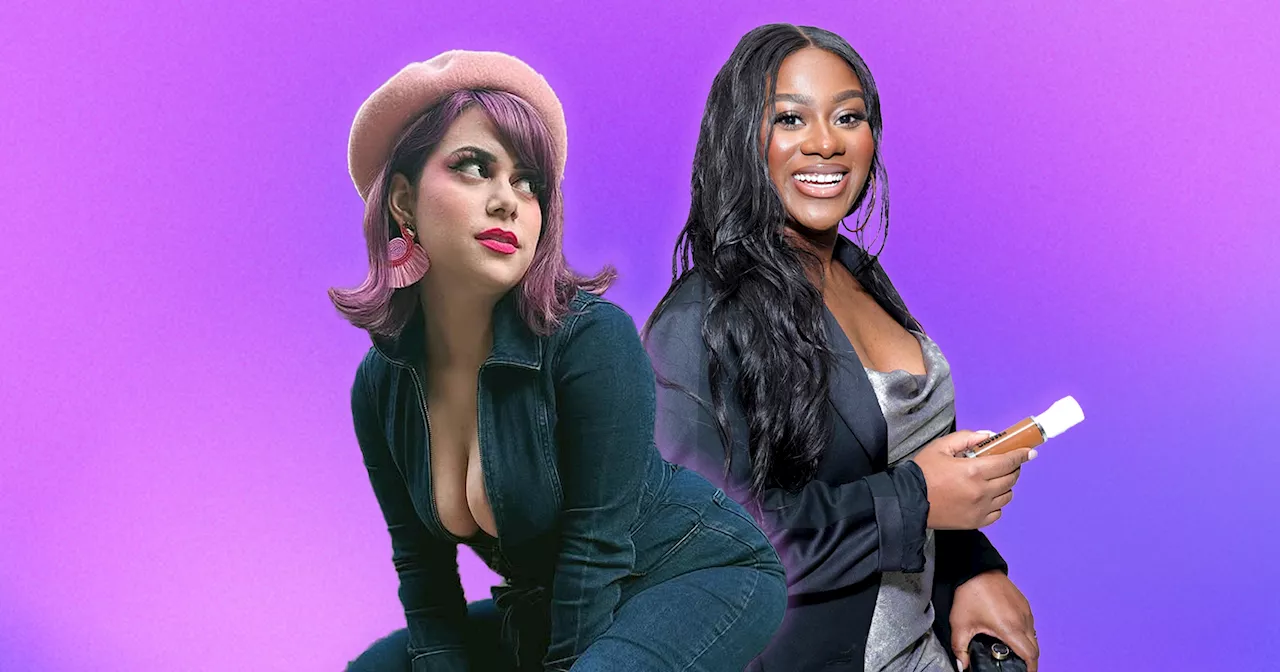This article explores the recent backlash against Latine influencers on social media, examining the criticisms levied against them and the underlying societal norms that fuel these critiques. It argues that while certain influencers may perpetuate stereotypes, this backlash often stems from discomfort with Latine success outside of traditional meritocratic systems and a desire for assimilation into white American culture. The article ultimately emphasizes the importance of diverse representation and the power of social media for marginalized communities to create their own narratives.
There’s always been a struggle for representation within film, TV, and news media. Not only is the community less likely to see ourselves represented, but the portrayals that do exist often paint us as criminals threatening “good” Americans and fail to reflect the diversity of our races, languages, and cultures. In many ways, the rise of social media has allowed us to, finally, expand representation and connection, on our own terms.
From Instagram to TikTok, there are accounts dedicated to Latinas in higher education or athletics; there are also content creators making videos and infographics that explore the realities of their identities, whether as Black, Indigenous, queer, disabled, or Muslim Latinas, to name a few. Yet, for the past few months, the Internet has been ablaze with a wave of criticism directed at Latine influencers. Ironically taking to social media, many Latines are distancing themselves from influencers who make content about their ethnicity and culture. To them, particularly those who are low-income and don’t have college degrees, are disseminating stereotypical representations and, as such, giving us all a 'bad name.' While the critics don’t name influencers specifically, the general conclusion is that Latine influencers are not to be trusted, watched, or supported. In one video, a social media user said Latine influencers who have kids 'too young' are a bad example that shouldn’t be glamorized. In another, a user bemoaned that so many Latine influencers are “uneducated” and don’t have any higher education degrees to speak of and model a respectable example to younger audiences. Yet another user said that Latine influencers act in stereotypically “Latine ways” that confirm the white American caricatures of Latines, thus fueling harmful stereotypes. Listening to these critiques — entrenched in sexism, classism, racism, and tired respectability politics — it’s clear to me that this rhetoric is what actually causes harm. In a country where the median wealth of a white family is nearly ten times that of a Latinx family, the accusation that these influencers are “uneducated” and don’t have higher education degrees is out of touch with the reality of Latines more generally. According to a Pew Research Center project that surveyed around 74% of 16- to 25-year-old Latines who responded to the survey stopped studying in high school or shortly after because they had to start working to support their families. The project concluded that leaving education to support a family — a necessity that is especially prevalent among Latinx communities — is a valid reason for not pursuing higher education. One influencer, gave her two cents, arguing that sometimes Latine influencers choose to “fit the stereotype on purpose” to make money from the large swathes of people who find those stereotypes entertaining. Particularly for Latines who do not have any generational wealth and few financial opportunities, making money as an influencer is an easy and quick way to get resources they might not otherwise have. In this sense, it’s fair to say, don’t hate the player, hate the game. Even so, it’s very tricky to police who is “fulfilling a stereotype” for money because those stereotypes were created by the white American public — and “not being a stereotype” is still measuring someone’s actions (and, in this case, content) by standards created by white hegemonic culture. Often, what people mean by saying that someone “acts like a stereotype” is that they haven’t properly assimilated into white American culture, that they are still too obviously Latine to be considered a “good” example. Instead of relying on the limited representation of Latines we have on TV and film, social media gives underrepresented populations a chance to create their own representation. Consequently, someone like Afro-Latina comedian can create her own Latine world of comedy for people who look like her or have struggles similar to hers. Or Venezuelan Americancan build a community around health and fitness so other Latinas can learn more about wellness. Using ethnicity as a stepping stone for influencing isn’t inherently a bad thing — sometimes (and oftentimes), we need influencers to step up so we can find ourselves, too
Latinx Influencers Representation Stereotypes Social Media Assimilation Respectability Politics
United States Latest News, United States Headlines
Similar News:You can also read news stories similar to this one that we have collected from other news sources.
 Play Explores Complexities of the Latino VoteA play titled 'The Hispanic/Latino/Latina/Latinx/Latine Vote' explores the diversity within the Latino community and challenges the notion of a monolithic voting bloc.
Play Explores Complexities of the Latino VoteA play titled 'The Hispanic/Latino/Latina/Latinx/Latine Vote' explores the diversity within the Latino community and challenges the notion of a monolithic voting bloc.
Read more »
 Latest Caitlin Clark controversy plays into the worst stereotypes about women — and wages war on meritGet over it: Without Caitlin Clark, the WNBA isn’t even sniffing a fraction of the relevance it’s had this year.
Latest Caitlin Clark controversy plays into the worst stereotypes about women — and wages war on meritGet over it: Without Caitlin Clark, the WNBA isn’t even sniffing a fraction of the relevance it’s had this year.
Read more »
 Oakland Police Lieutenant Justifies Militarization With Racist Stereotypes About Latino Sideshow AttendeesAn Oakland police lieutenant used racist stereotypes to justify the need for militarized equipment at sideshows, claiming that the majority of participants are Latino and lack English proficiency. This sparked outrage from community members who attended a virtual meeting on the matter.
Oakland Police Lieutenant Justifies Militarization With Racist Stereotypes About Latino Sideshow AttendeesAn Oakland police lieutenant used racist stereotypes to justify the need for militarized equipment at sideshows, claiming that the majority of participants are Latino and lack English proficiency. This sparked outrage from community members who attended a virtual meeting on the matter.
Read more »
 Women in Film: Progress Stalls and Stereotypes PersistA new study reveals a concerning halt in women's progress in key behind-the-scenes roles in Hollywood's top-grossing films. While women reached a peak in representation in 2021, numbers have since declined, highlighting the enduring challenges women face in the film industry.
Women in Film: Progress Stalls and Stereotypes PersistA new study reveals a concerning halt in women's progress in key behind-the-scenes roles in Hollywood's top-grossing films. While women reached a peak in representation in 2021, numbers have since declined, highlighting the enduring challenges women face in the film industry.
Read more »
 Women in Film Directing: Progress Stalls, Stereotypes PersistA new study reveals that women's progress behind-the-scenes in the film industry has stalled. The number of women in key roles such as directors, writers, and producers has declined, highlighting the persistent challenges women face in breaking through gender barriers.
Women in Film Directing: Progress Stalls, Stereotypes PersistA new study reveals that women's progress behind-the-scenes in the film industry has stalled. The number of women in key roles such as directors, writers, and producers has declined, highlighting the persistent challenges women face in breaking through gender barriers.
Read more »
 Latinx Democratic Club president returns after sexual assault inquiryMonths after the club announced an investigation, Ortiz was reappointed as president after the findings did not support the allegations
Latinx Democratic Club president returns after sexual assault inquiryMonths after the club announced an investigation, Ortiz was reappointed as president after the findings did not support the allegations
Read more »
